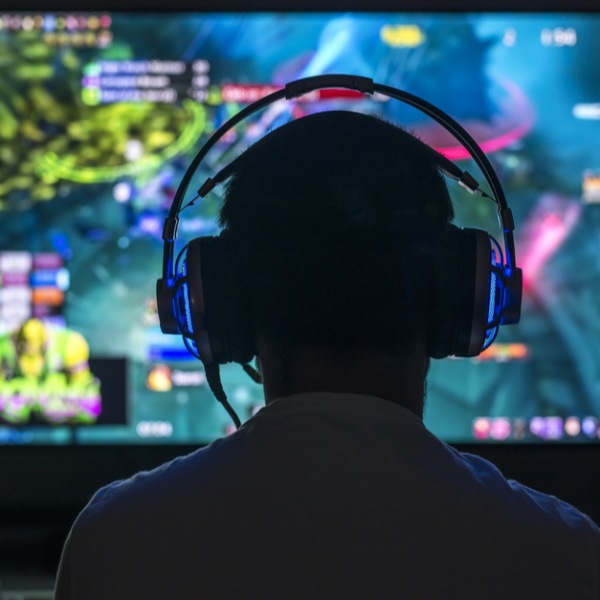

Many games can improve your child’s coordination, problem-solving and multi-tasking skills, as well as help to build social skills through online interactivity with other players. But it is also important to understand what might go wrong and have a negative impact on your child and family life.
The risks that gaming carries are many and varied. Online games often involve hundreds or thousands of players from all over the world, meaning your child may be interacting with strangers, including adults through chats, maybe using inappropriate language, creating profiles using personal information, all in an environment that they feel comfortable and at ease in. Gaming may be interfering with a student’s learning in and out of the classroom as they are up until late at night, secretly playing games.
Tips for parents
- Have children play games in an open area in view of adults.
- Install current security software on all devices.
- Activate parental controls and safety features.
- Help your child to protect their privacy online — using an anonymous screen name.
- Teach your child not to click on links provided by strangers.
- Talk regularly with your child about their gaming interests and who they play with online.
- Play alongside your child to get a better sense of how they are handling their personal information and who they are communicating with.
- Monitor the time your child spends online and keep a look out for any changes in their activity, school or social behaviours.
- Encourage your child to tell you if they experience anything that worries them or makes them uncomfortable.
- Games vary in their level of violent or sexual content, and may contain themes, language and images that are unsuitable for your child, check age guidelines and classifications of games.
Educator and parenting advisor, Maggie Dent explains how gaming becomes an addiction. ‘The sensitive window of brain changes in early to mid-adolescence, up to 17 years of age, means that teens are particularly susceptible to becoming addicted to anything in which they invest a lot of time and energy.’
Sadly, it is not just the threat of developing an addiction to gaming that is the problem. Studies now show a shrinking of grey matter areas which is where we do our processing in people with internet/gaming addiction. This can affect all sorts of things including a person’s ability to organise their thoughts and themselves, to plan, to prioritise. More worrying was the possibility that this phenomenon can impact our empathy and compassion.
Signs that gaming is having negative impacts on children:
- less interest in social activities like meeting friends or playing sport
- not doing so well at school or refusing to attend
- tiredness, sleep disturbance, headaches or eye strain
- changes in eating patterns
- reduced personal hygiene
- obsession with particular websites or games
- anger when being asked to take a break from online activity, or appearing anxious or irritable when away from the computer
- becoming withdrawn from friends and family
Friendship skills require real friends. An area of concern for adolescents is emotional and social maturity. Teen years are an incredibly important time to develop friendships and a healthy sense of belonging. Many teens are spending excessive hours in their bedrooms with no real human interaction. Having friendships in real time is essential for healthy human development.
Kids Helpline – 1800 55 1800
Headspace – 1800 650 890
https://www.esafety.gov.au/parents/big-issues/gaming
https://www.maggiedent.com/blog/teen-boys-gaming-10-agreements-healthy-balance/
Mrs Tracey Rogers
Deputy Principal Pastoral Wellbeing


